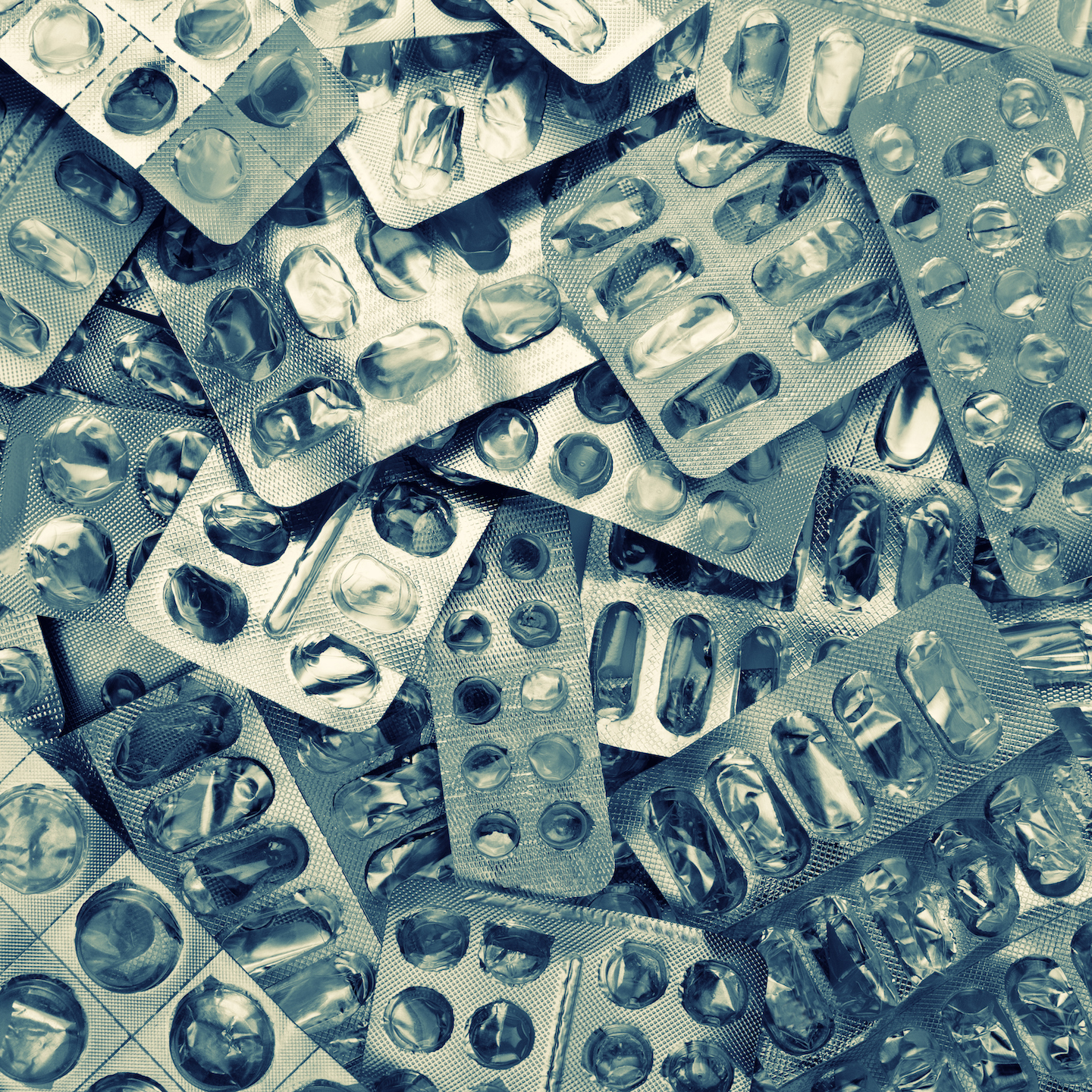Pounding Cold Meds to ‘Power Through’ Could Actually Make You Sicker

Credit to Author: Katie Way| Date: Mon, 10 Feb 2020 19:56:49 +0000
Wash your hands, cough into your elbow, and rail a line of Emergen-C, because it’s cold and flu season, baby! The sickest time of the year is well underway, which means noses are clogged, throats are a-scratchin’, and we’re all Googling “is it okay to drink alcohol on Mucinex how much.” Gotta love it. Luckily, most seasonal bugs are easy enough to tough out, especially with the help of non-prescription decongestants, cough suppressants, and pain relievers available to dial symptoms down to a liveable level.
Overseas, a much more serious bout of illness is on the rise in the form of the ongoing coronavirus outbreak; as of Monday, 908 people have died from it in mainland China, and more than 40,000 cases have been confirmed globally. One of the Chinese government’s strategies for containing the virus definitely wouldn’t fly among sick Americans: According to Quartz, a handful of cities in China have instituted new regulations restricting the availability of cold medicine as a means to “better track and treat the coronavirus.”
Because two of the major coronavirus symptoms, coughing and fever, are so similar to cold symptoms, government officials worry that citizens could unwittingly mask their coronavirus infection by self-medicating instead of seeking help at a hospital. At least three cities in China are halting sales of cough medicine and medicine that reduces fevers, and two other cities will require people purchasing cough or fever medication to register with the government for an official follow-up.
Abstaining from cold meds out of coronavirus-based fear is definitely an overcorrection—at least, in the U.S.—in the vein of surgical mask hoarding. But taking time to assess symptoms before throwing back a shot of Dayquil could be prudent, especially if you’re the type who loves to medicate and “power through” your symptoms. (Whether “powering through” means going to work per usual or drinking a bunch of beers because you feel “like, seriously, so much better” is up for interpretation.)
No matter how well you think you know your body, research has shown that sending yourself into a medicated fog at the first sign of congestion could prolong things. The boost from cold medicine could actually lull you into a false sense of security if your “cold” is actually something that would require professional medical attention, like the flu, mononucleosis (yes, adults get mono), or a bacterial infection like strep; or if your cold has developed into something more serious, like a sinus infection, an ear infection, or pneumonia. Treating your non-cold can even lead to over-medication, according to GoodRX, increasing your risk of drug interactions or even overdosing in pursuit of temporary relief.
Basically, holding back on cold medicine allows for a more accurate read about your healing process (or lack thereof). If your untreated symptoms persist or worsen, that’s probably a solid sign of a bigger issue worth taking to the doctor’s office. But, best case scenario, a period of cold medicine abstinence ends with the realization that you’re sick with the office bug. In that case, the only treatment regimen necessary should be a few days of canceled plans, serious hydration, and—of course!—that sweet, sweet Nyquil.
Sign up for our newsletter to get the best of VICE delivered to your inbox daily.
Follow Katie Way on Twitter.
This article originally appeared on VICE US.